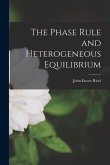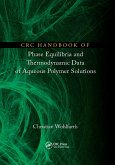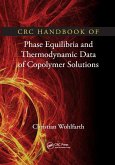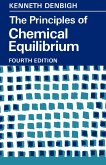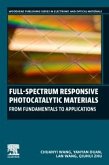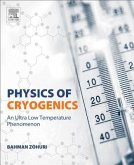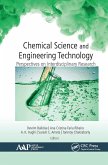Phase Equilibrium Engineering, Second Edition presents a systematic and fully updated study of the application of phase equilibrium tools to the development of chemical processes. The thermodynamic modeling of mixtures for process development, synthesis, simulation, design, and optimization are analyzed. This book changes the focus from the use of thermodynamics relationships to compute phase equilibria to the design and control of the phase conditions that a process needs. In this second edition, the authors have thoroughly updated all chapters with new sections and case studies and added new chapters relating to their expertise and newest experimental work in high pressure labs and modelling of behavior of complex mixtures. Traditionally, the teaching of phase equilibria emphasizes the relationships between the thermodynamic variables of each phase in equilibrium rather than its engineering applications. This book changes the focus from the use of thermodynamics relationships to compute phase equilibria to the design and control of the phase conditions that a process needs. The thermodynamic modeling of mixtures for process development, synthesis, simulation, design, and optimization is analyzed. The relation between the mixture molecular properties, the selection of the thermodynamic model and the process technology that could be applied are discussed. A classification of mixtures, separation process, thermodynamic models and technologies is presented to guide the engineer in the world of separation processes. The phase condition required for a given reacting system is studied at subcritical and supercritical conditions. The four cardinal points of phase equilibrium engineering are: the chemical plant or process, the laboratory, the modeling of phase equilibria and the simulator. The harmonization of all these components to obtain a better design or operation is the goal of phase equilibrium engineering.
Hinweis: Dieser Artikel kann nur an eine deutsche Lieferadresse ausgeliefert werden.
Hinweis: Dieser Artikel kann nur an eine deutsche Lieferadresse ausgeliefert werden.


